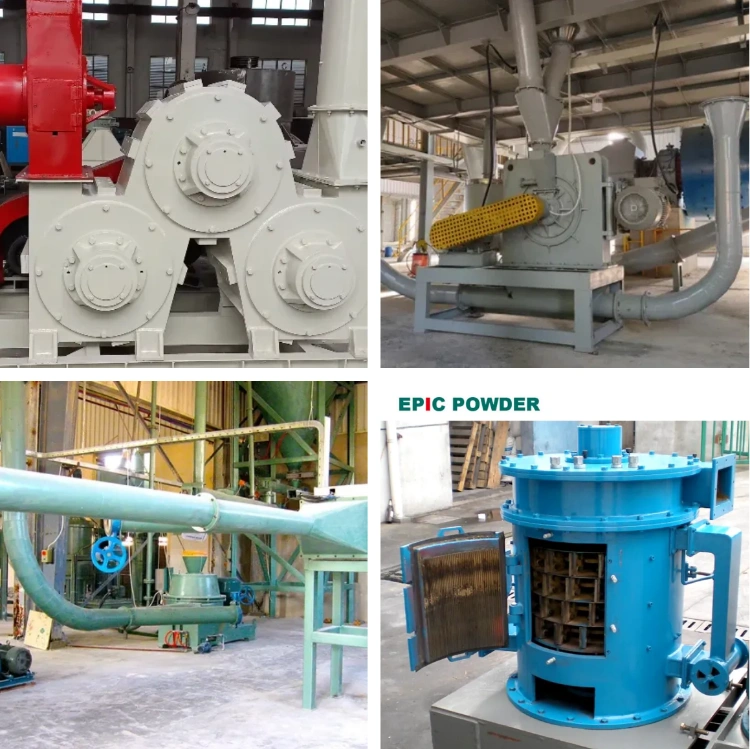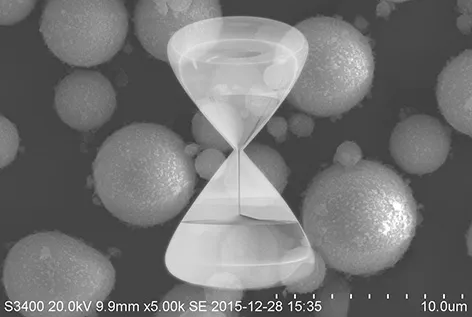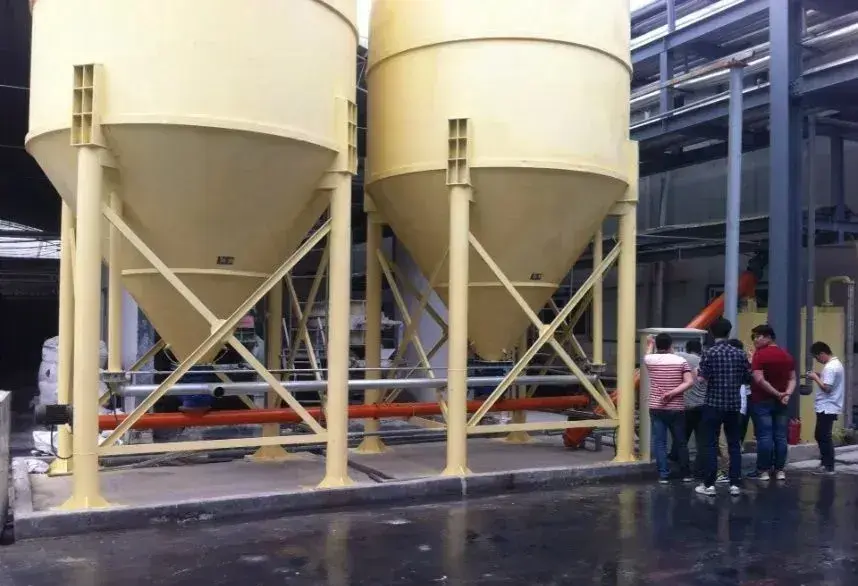Calcium carbonate without surface treatment has poor compatibility with resin. This can lead to uneven dispersion in the polymer matrix, causing interface defects in composite materials. As a result, the mechanical strength of the materials is reduced. These issues become more apparent as the dosage of calcium carbonate increases. Therefore, surface modification is necessary. Surface modification with calcium carbonate modifier increases the interface compatibility and affinity of calcium carbonate with organic matter. This improves its physical properties when combined with composite materials such as rubber or plastic.

Selection of calcium carbonate Surface Modifier
There are many types of surface treatment agents. Commercial surface treatment agents, which are most commonly used, fall into three categories: stearic acid, titanate coupling agents, and aluminate coupling agents. Other options include silane coupling agents and phosphate coupling agents.
Stearic acid is the cheapest and is most suitable for polyvinyl chloride (PVC) plastics. It not only makes the surface of calcium carbonate organic but also acts as an external lubricant for PVC. For polyolefin plastics, stearic acid can also treat calcium carbonate, but a large amount is required. Since no chemical reaction occurs and it only serves as a coating, the overall effect is not as good as coupling agents.
Several coupling agents can be used for surface treatment of calcium carbonate. However, each has its own characteristics. Titanate coupling agents are mostly liquid and easy to spread but tend to be darker in color, making them unsuitable for products requiring high whiteness. Aluminate coupling agents are cheaper than titanates, and are white or light yellow, which is favorable for making white products. However, they are typically solid waxy substances and require sufficient time to melt and spread. Silane coupling agents are expensive and have small, short flexible carbon chains. This affects the processing fluidity of filled plastics.
When choosing a surface treatment agent, both price and effectiveness should be considered. It is especially important to consider which plastic and product the treated calcium carbonate will be used for.
Key Points for Using Surface Modifiers
The most critical issue when using coupling agents is to ensure they reach every particle of calcium carbonate quickly and react with it to form a chemical bond. This requires high-speed distribution, and the appropriate temperature is needed to promote the chemical reaction.
There is also the issue of hydrogen protons (H+). If the water content in calcium carbonate is high, the coupling agent may first react with water (H+ comes from H2O) instead of reacting with the hydroxyl groups on the surface of calcium carbonate. This would prevent the surface treatment from being effective.
Therefore, to achieve the desired result, rapid distribution, the correct temperature, and no water presence are necessary.
Regarding whether the coupling agent should be dissolved in a solvent first, whether it must be sprayed into the treatment equipment, or whether it should be added in batches, practice shows these factors are not as critical.
epic powder
Epic Powder, 20+ years of work experience in the ultrafine powder industry. Actively promote the future development of ultra-fine powder, focusing on crushing, grinding, classifying and modification process of ultra-fine powder. Contact us for a free consultation and customized solutions! Our expert team is dedicated to providing high-quality products and services to maximize the value of your powder processing. Epic Powder—Your Trusted Powder Processing Expert !

